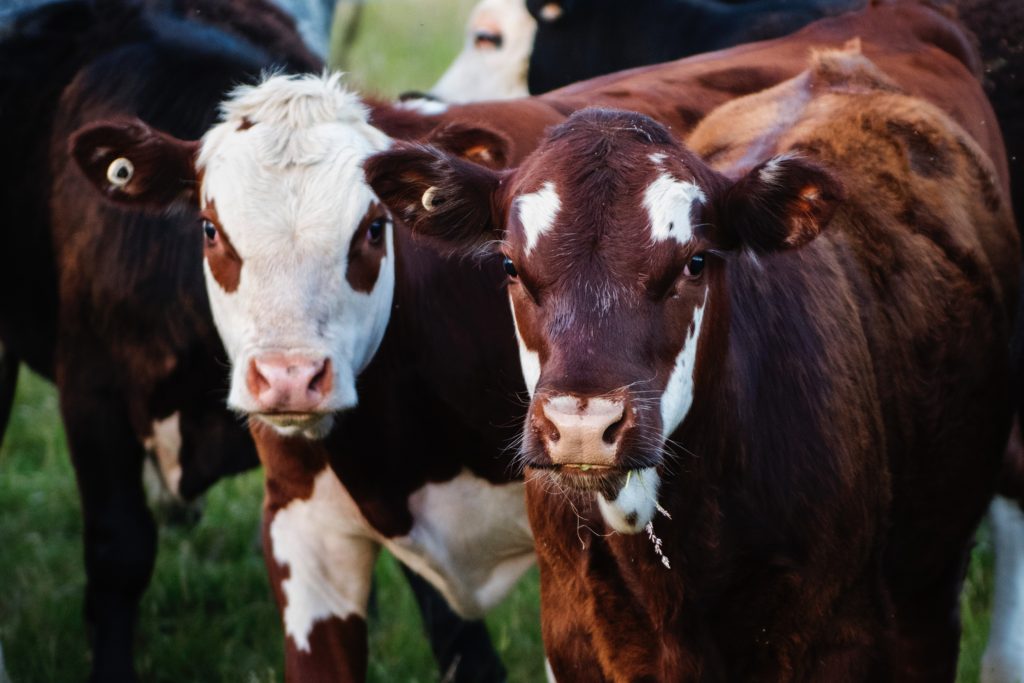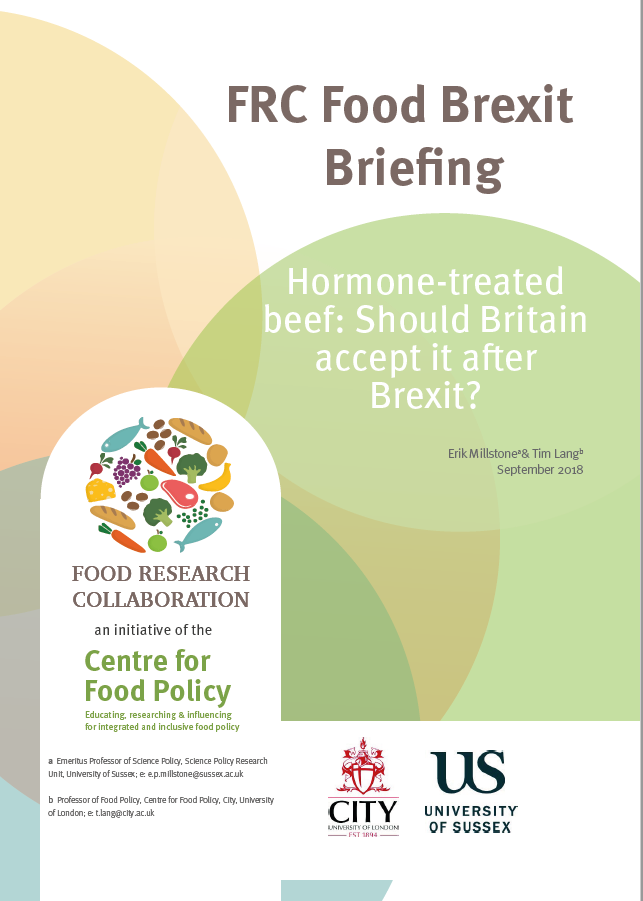As the UK prepares to leave the EU, there is a risk that food standards may be sacrificed to win trade agreements with non-EU states such as the USA. This report looks at the case of hormone-treated beef, which is permitted in the US, but which the EU refuses to import. The World Trade Organisation has accepted the EU’s refusal to import hormone-reared beef.
The report shows that at least one of the hormones routinely used in US beef production has been judged to be a significant cancer risk by the EU. For the other five hormones used in the US, the available evidence is insufficient to show that their use is acceptably safe. While the EU had the power and resources to enforce its decision to reject hormone-treated beef, it is doubtful whether the UK, acting alone, would have similar leverage.
The report sets out the risks and the choices this case, and others like it, pose for the UK. The Government could ensure that our food safety standards remain aligned with prevailing EU rules, or raise them even higher. It could weaken them to reach trade agreements with powerful countries such as the USA. Or it could reduce them to the lowest-common-denominator level of the World Trade Organisation. Despite the rhetoric of free trade, the UK could easily become a ‘rule taker’ rather than a ‘rule maker’, in which case the UK must decide whose rules it will take: those of the EU (where it will no longer have a say in the development of standards), the USA or the WTO.
The report recommends that:
- After Brexit, the UK Government should ensure either that food standards remain fully aligned with EU standards, or that we adopt higher standards. Food standards should not be weakened, especially not sacrificed to facilitate trade in undesirable and/or unsafe products.
- The UK consumer movement should strongly resist moves to weaken current levels of consumer protection as part of future trade deals.
- UK food and farming industries should publicly commit themselves to producing and selling only beef from cattle never treated with synthetic hormones.
- The retail industry (supermarket chains, independent stores and butchers) should advise their members, customers and MPs to tell the UK Government that they will not sell synthetic hormone-reared beef.
- The UK Government should explicitly acknowledge that any weakening of UK food standards, such as permitting the sale of hormone-reared beef, will result in barriers to UK food companies wishing to export their products to the EU’s Single Market.
- UK NGOs, researchers and public health professionals should maintain a vigilant watch on hormones policy and practice in the UK and EU, and other countries with which the UK trades, taking particular note of new scientific or policy signals emerging from official bodies and the ‘national competent authorities’.




